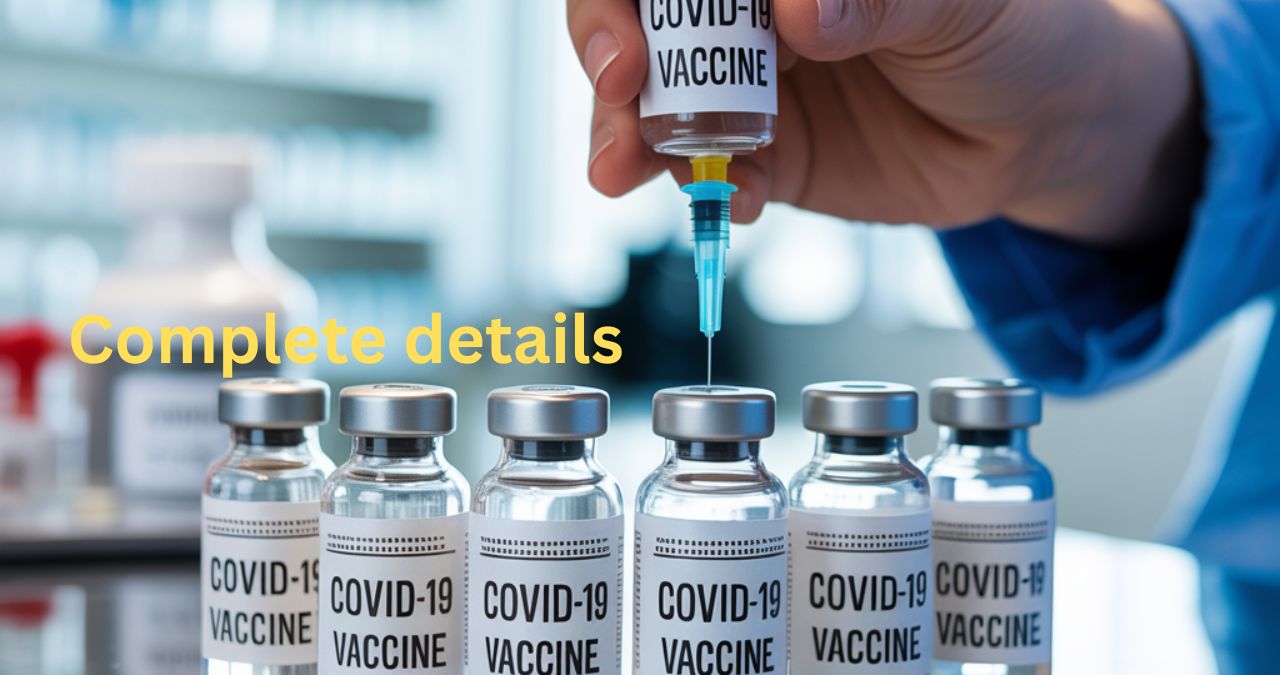CDC guidance for Covid-19 vaccine packs
The Centers for Disease Control and Prevention (CDC) plays a central role in ensuring that the distribution of COVID-19 vaccines across the United States is safe, effective, and efficient. One of its important contributions has been issuing updated guidance on how vaccine packs should be stored, handled, and distributed. These guidelines are essential in maintaining vaccine integrity and protecting public health.
Importance of CDC Guidance
COVID-19 vaccines are sensitive biological products that require strict storage conditions. Even small mistakes in handling can compromise their effectiveness. The CDC’s guidance provides healthcare professionals, pharmacies, and distribution centers with clear protocols to prevent errors and maximize the impact of the national vaccination campaign.
Key Areas Covered in the Guidance
1. Storage Requirements
- Pfizer, Moderna, and other vaccines require ultra-cold or frozen storage.
- CDC outlines proper refrigeration standards to ensure potency.
2. Packaging and Labeling
- Vaccine packs must include clear expiration dates.
- Lot numbers and barcodes are critical for tracking.
3. Transportation Guidelines
- Specialized containers with temperature-monitoring devices are required.
- CDC requires staff training to ensure safe delivery.
4. Handling Procedures
- Minimize the time vials spend outside recommended temperature ranges.
- Use designated staff to manage vaccine packs to avoid contamination.
Preventing Wastage
One of the biggest challenges during the COVID-19 vaccination rollout was minimizing waste. The CDC’s guidance emphasizes:
- Careful planning for vaccine appointments.
- Opening vials only when enough recipients are ready.
- Accurate record-keeping to avoid expired doses.
Role in Public Health
By following CDC guidance, healthcare providers reduce the risk of vaccine spoilage, increase trust among the public, and ensure that resources are used efficiently. This guidance also helps maintain the pace of nationwide vaccination efforts, which is essential for managing outbreaks and preventing hospitalizations.
Adapting to New Variants
As new COVID-19 variants emerge, the CDC continues to update its recommendations. This flexibility ensures that vaccine packs are managed in line with evolving scientific evidence and public health needs.
Training and Compliance
Healthcare providers and facilities are required to undergo training based on CDC standards. Compliance checks and audits are conducted to ensure proper handling. This system of accountability helps protect the billions of dollars invested in vaccine development and distribution.
Looking Forward
The lessons learned from CDC’s guidance on COVID-19 vaccine packs will influence how the U.S. prepares for future pandemics. Best practices in packaging, storage, and distribution are likely to be applied to other vaccines and medications in the future.
Conclusion
The CDC’s guidance for COVID-19 vaccine packs is more than a technical manual—it is a safeguard for public health. By ensuring proper storage, handling, and distribution, it protects vaccine quality and strengthens the nation’s ability to respond to health crises.
